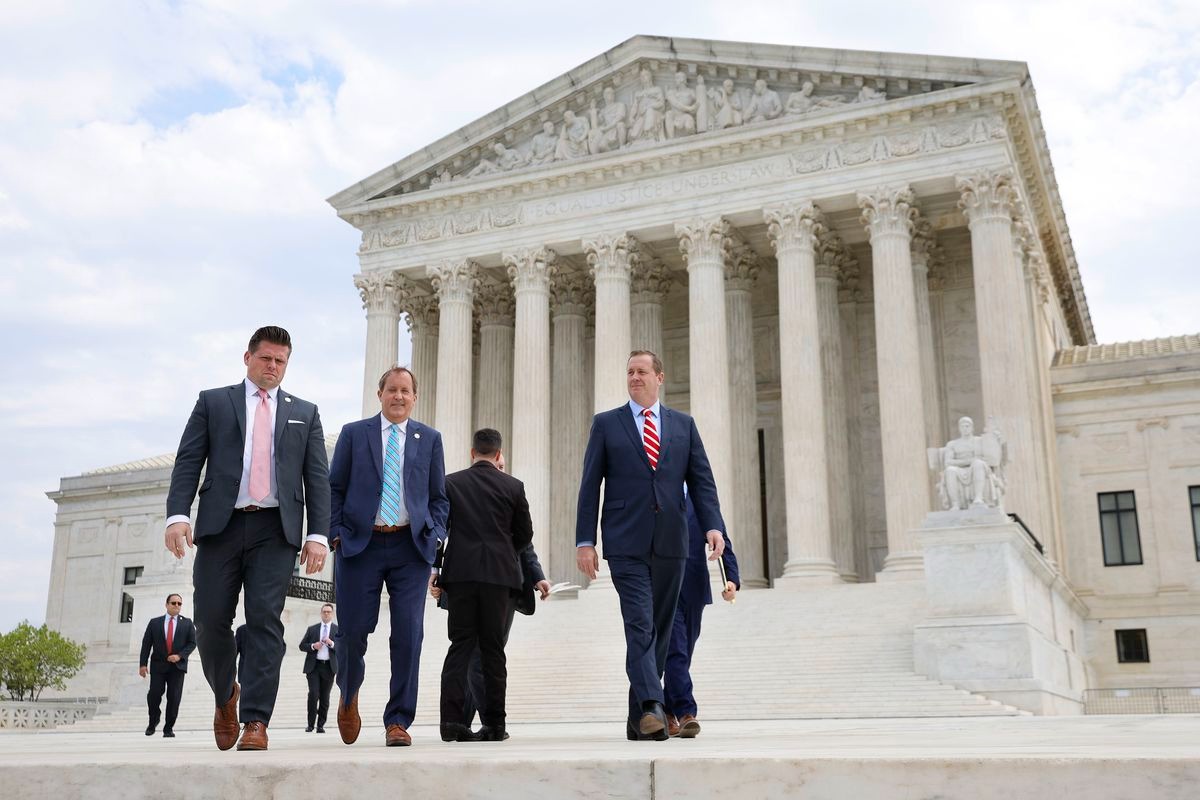On Monday, the U.S. Supreme Court delves into the contentious issue of social media content moderation, particularly focusing on the Biden administration’s efforts to combat misinformation surrounding elections and COVID-19.
The case centers on whether the administration’s actions amounted to unconstitutional censorship or legitimate attempts to address public health concerns.
The lawsuit, brought forth by Republican-led states of Missouri and Louisiana, as well as five individual social media users, challenges the administration’s approach to urging platforms like Facebook, YouTube, and Twitter (now known as X) to remove posts deemed as misinformation.

Supreme Court (Credits: NBC News)
The plaintiffs argue that such actions violate users’ First Amendment rights to free speech. At the heart of the case is the question of whether the government crossed the line from communication and persuasion to coercion in its interactions with social media platforms.
The Biden administration contends that it was merely seeking to mitigate the spread of harmful misinformation, particularly regarding vaccines during the pandemic, by notifying platforms of violating content.
This case comes on the heels of another social media dispute heard by the Supreme Court, involving laws passed in Texas and Florida aimed at restricting content moderation practices.
While proponents of these laws express concerns about bias against conservative voices, opponents warn of the dangers of amplifying misinformation about public health and elections.

Credits: Vox
The plaintiffs in Monday’s case allege that conservative-leaning speech was suppressed due to government coercion, constituting a violation of the First Amendment.
However, the Justice Department argues that government officials have historically used their platforms to inform the public on matters of public concern, and private entities are not considered state actors unless threatened with adverse consequences.
The Supreme Court’s ruling, expected by the end of June, will have significant implications for the balance between free speech and efforts to combat misinformation in the digital age.
It will also shape the extent of government influence on social media content moderation practices, with potential repercussions for national security and public discourse.
























